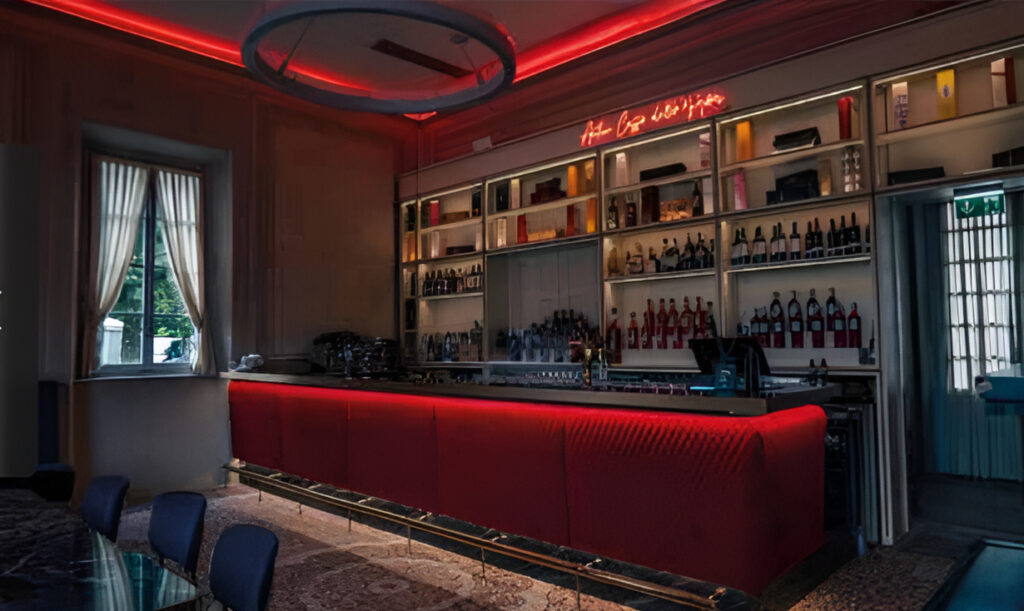
With management and organizational problems that have revealed the extreme fragility of the sector after the pandemic period. The most pressing of these is the search for qualified personnel. Appeals for cooks, waiters and dishwashers were constantly appearing on social networks this summer. These 18 months have left a very heavy mark on the catering industry. More people were lost than had been hired in recent years, specifically 513,000 in the ‘accommodation and catering’ sector compared to 245,000 positions created in the last six years, between 2013 and 2019. This is an alarming statistic that calls into question many things, starting with the actual quality of what remains one of the most challenging jobs that exists, in every aspect of the dining room and kitchen.
There are many reasons for this, starting with the most simplistic one: it is better to have a citizenship income than to get a little more for 14 hours of work a day. This is not the case, or rather it is not only the case. This job is almost entirely based on a concept that has no price: the passion to make people feel good. And you either have that or you don’t.
I was very struck by the words of a restaurateur who told me that she had lost her young waiter because it was too much work for her to listen to the customers and so she preferred to go and do the same job in a place where she simply brought the dish to the table. The problem exists and no one has the magic solution to solve it. However, three fundamental things are needed: a revision of the working contractual modalities, a finally modern training and a communication language that must be changed.
Starting with the latter, it is necessary to change the terms. Humility, sacrifice, effort! They are among the most used words by communicators, by us journalists, by chefs when talking about catering. But if, instead of using negative meanings, we started to talk about competence, reputation, and happiness that this profession gives to people and, consequently, also to the ones who practice that, wouldn’t we give the right value to a profession that is among the most important ones to make the planet grow well, even if it doesn’t seem so?

A profession that can never be replaced by machines and that, therefore, also ensures a secure future for the next generations; a profession that gives happiness and well-being to people, if you want to grasp it fully; a cultural activity, in the deepest sense of the term, that still tells much of human history; and, finally, a world, that of food, which in our country is worth something like 25% of GDP.
Obviously, we’re not going to solve the problems afflicting the restaurant industry today just by changing the words, but instead of talking about humility (a truly horrible word to describe this profession) to a young person, let’s tell them about a restaurant project, involve them in the choices, listen to their words and suggestions; chances are we’ll all take a step forward.
If then, to this step, we add the respect for those who work – respect, a word that seems out of date but instead must be kept alive at all costs – well, the path becomes more linear.
One fact strikes us more than any other when analyzing performance and aspirations among the various generational groups. According to many studies, including Gallup’s, for the so-called millennials, meaning those between the ages of 25 and 40 – i.e. people in full employment – what counts is the quality of work rather than its remuneration. This one must simply be right, but the willingness to change jobs if there is no stimulating project is the most key factor. That’s why the really skilled professionals in the restaurant industry go elsewhere. They go where there is a clear design for their role, where there is a desire to make people grow. Treating staff well, making them work happily, giving them a strong motivation, a project to believe in and share, is the most powerful engine that can be turned on for the very success of your restaurant. People immediately notice if they live well, work well, and eat well in the restaurant chosen for their evening. They notice it from a series of small clues that concern, first of all, the staff that welcomes them and that transmits to them the atmosphere that you breathe within those walls.

Finally, there are other problems that have seemingly difficult solutions: the tax wedge and working hours, to name just two of the most urgent.
Finally, the institutions, together with the trade associations, are about to face these issues. At the beginning of October, the “Table of Italian gastronomy” will be convened, an initiative promoted by the Ministries of Agricultural Policies and Economic Development, where discussion and solutions to these problems will be started.
In the meantime, however, it is necessary for restaurant owners to adopt a well-defined business model that is clear in its goals, respectful of everyone’s work, generous towards hospitality and ethical in every choice. Only in this way will we give the restaurant industry the value it deserves.



